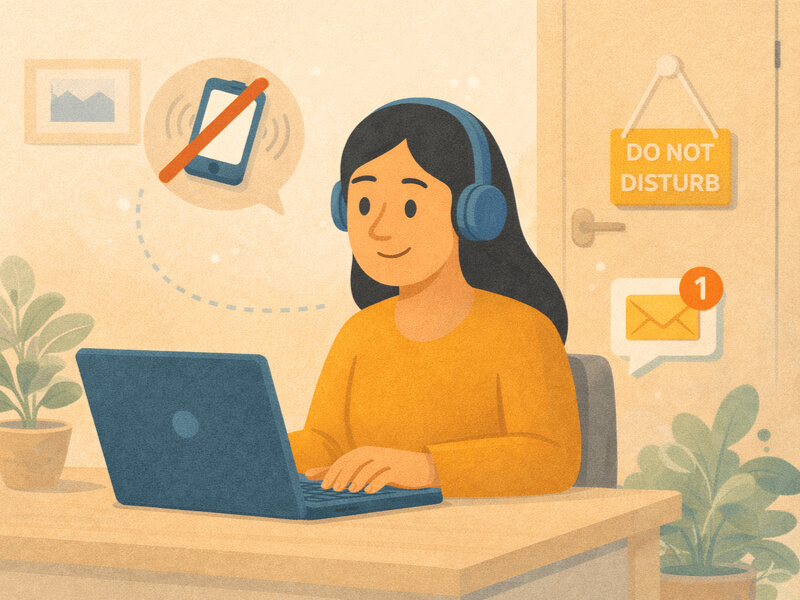
Throughout my career, I’ve hired dozens of people - from engineers to designers to marketers to doctors. Inevitably, some of those folks haven’t worked and when that happened, it’s rarely because a problem or deficiency in their hard skills (those teachable abilities we learn in school that are reflected in our GPA or a good MCAT score). For instance, the MCAT or Medical College Admission Test is a standardized exam required for entry into most medical schools, and while the MCAT measures cognitive skills, it doesn’t capture equally important qualities such as teamwork, adaptability, and emotional intelligence — traits that are essential for success in both academic and professional environments.
Hard skills are what the majority of the interview process focuses on and are pretty easy to suss out during a 1-2 day interview process. What’s harder to measure during an interview, but arguably much more predictive of job success, are soft skills.
Soft skills can’t be learned in the traditional sense.
You’re not going to learn soft skills by sitting in a lecture or reading a book, but you WILL develop them through experience, commitment to improvement, and eliciting frequent feedback from your peers on how you’re doing in these areas.
Forget Coding Skills - Employers need people with soft skills.

There are over 6.7 million job openings in the U.S. - a record high that is on the rise. Reports show that 40 percent of employers in the United States are having trouble hiring and it’s not because of lacking hard skills. Rather, it’s because of inadequate soft skills that are getting in the way of job performance.
What Are Soft Skills in Business?
1. Communication
The ability for a person to communicate well with people at work, whether it be peers, clients or customers. Employers want employees who can speak in an articulate way, write well, and listen empathetically to others.
2. Grit
Companies want employees with grit. People with grit find a way to get things done no matter the obstacles that emerge. Companies don’t want employees that require micromanaging in the face of challenge. Employers expect employees to be self-motivated problem-solvers when difficulties arise.
3. Flexibility
Being willing to step outside your role is a huge asset to companies. There’s no place for “that’s not my job” when it comes to professional success. Individuals who are flexible can adapt to changing job demands and the ebbs of flows of varied workloads.

4. Positive Attitude
Attitudes - both positive and negative - are contagious. Working an average 1,800 hours per year, it’s no surprise that people want colleagues with positive attitudes. Robust studies provide evidence that the benefits of positivity extend beyond just creating a more pleasant work environment.
Positivity broadens creativity - Dr. Fredrickson
So, perhaps positivity helps you to be more open and participatory during brainstorming sessions. Or maybe a reputation of positivity leads your peers to seek you out to bounce around ideas.Even in challenging circumstances, like those faced by homeless college students, positivity can fuel hope for a brighter future and the chance to secure a job.
5. Professionalism

Professional reflects appropriate conduct during business activities and interactions. Professionalism varies by company; the key is to make sure your professionalism is aligned with your company. If you work at Google, jeans and Vibram FiveFingers might be a better choice than a suit and tie, while the opposite might be true for IBM employees.
Don’t Assume Soft Skills are Inflexible
Employers are not willing to hire people that are lacking in soft skills. Employers are also not interested in developing employees soft skills. So you need to take control.
I recently surveyed a group of hiring managers and was surprised to hear that 40% believed soft skills can’t be learned. That is simply not the case. Though the learning mechanism is different, both hard and soft skills can be learned. But, you can’t improve what you don’t know is a problem and what you aren’t continuously monitoring.
Now for the good news...
Soft skills can be developed and you don’t need your company or boss to get started.
How are Your Soft Skills?
This is where Matter can help by getting your feedback to help you be at your best. Get Matter for free.
























